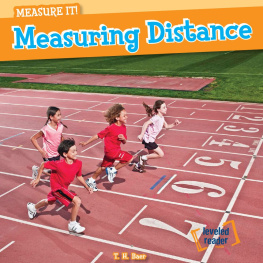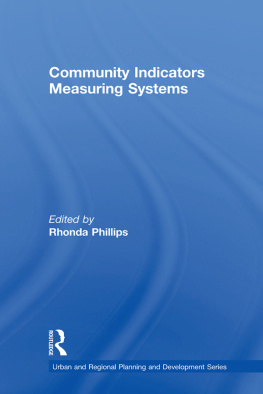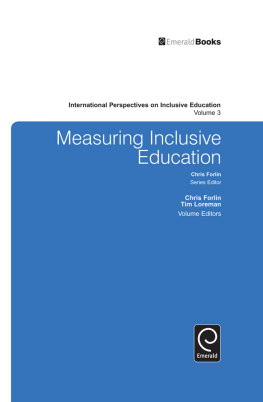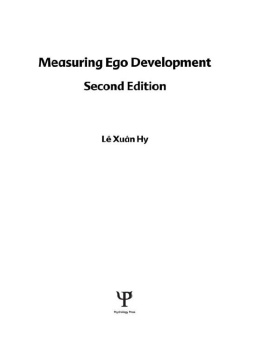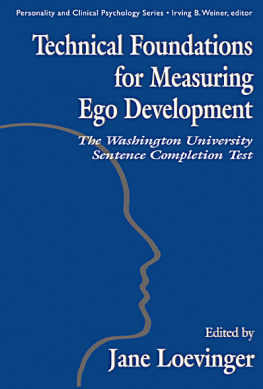Cover
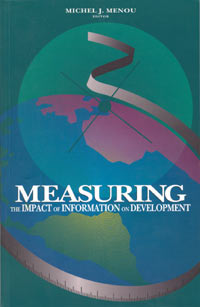
| title | : | Measuring the Impact of Information on Development |
| author | : | Menou, M. J. |
| publisher | : | International Development Research Centre |
| isbn10 | asin | : | 0889367086 |
| print isbn13 | : | 9780889367081 |
| ebook isbn13 | : | 9781552501108 |
| language | : | English |
| subject | Information technology--Economic aspects--Developing countries, Information services--Developing countries, Sciences de l'information--Aspect social--Congrs.--Pays en voie de dveloppement , Technologie de l'information--Aspect social--Congrs.--Pays en |
| publication date | : | 1993 |
| lcc | : | HC59.72.I55M43 1993eb |
| ddc | : | 338.9 |
| subject | : | Information technology--Economic aspects--Developing countries, Information services--Developing countries, Sciences de l'information--Aspect social--Congrs.--Pays en voie de dveloppement , Technologie de l'information--Aspect social--Congrs.--Pays en |
Page i
M EASURING THE I MPACT
OF I NFORMATION ON
D EVELOPMENT
Page ii
This page intentionally left blank.
Page iii
M EASURING THE I MPACT
OF I NFORMATION ON
D EVELOPMENT
Editor:
Michel J. Menou
I NTERNATIONAL D EVELOPMENT R ESEARCH C ENTRE
Ottawa Cairo Dakar Johannesburg Montevideo Nairobi New Delhi Singapore
Page iv
Published by the International Development Research Centre
PO Box 8500, Ottawa, ON, Canada K1G 3H9
International Development Research Centre 1993
Menou, M.J.
Measuring the impact of information on development. Ottawa, ON,IDRC, 1993. xiii + 188 p.: ill.
/Information/ ,/economic and social development/ ,/benefit analysis/ ,/project evaluation/ ,/evaluation techniques/, /indicators/, /computerconferencing/, /cost-benefit analysis/, /models/, /input-output/, /conferencereports/, /case studies/, references.
UDC: 007:338 ISBN 0-88936-708-6
A microfiche edition is available.
All rights reserved. No part of this publication may be reproduced, stored ina retrieval system, or transmitted, in any form or by any means, electronic,mechanical, photocopying, or otherwise, without the prior permission of theInternational Development Research Centre.
Page v
C ONTENTS

Foreword | vii |
Preface | ix |
Acknowledgments | xiii |
Chapter 1
The Computer Conference | |
Chapter 2
Background Considerations | |
Chapter 3
Benefits | |
Chapter 4
Indicators and Assessment Methods | |
Chapter 5
The Post-Conference Workshop | |
Chapter 6
Preliminary Framework for Impact Assessment | |
Chapter 7
Suggestions for Future Activities | |
Page vi
Appendices |
1. List of Participants | |
2. Applying CBA to an Information Project | |
3. A Rural Community Resource Centre | |
4. Criteria of the US Government Accounting Office | |
5. Applying the Assessment Framework | |
Acronyms and Abbreviations | |
Bibliography | |
Page vii
F oreword

We read increasingly about our entry into the information age andthe consequent implications for our day-to-day lives. We arebecoming accustomed to such terms as information revolution,information economy, and information society. Even if adequatedefinitions are sometimes elusive, these terms convey a sense of theprofound transformation being fuelled by changes in themanagement, role, value, and use of information. But do we fullyrecognize and understand this transformation? How widespread isthe phenomenon? More specifically, to what extent do developingcountries participate in and benefit from these changes? In short,what is the impact of information on development?
This issue has intrigued me for some time. Working in theinternational information field for many years, I have seen numerousprojects that have helped improve information systems and servicesin developing countries, built human and institutional capacity tomanage and exploit the information resource, and resulted ininformation being used to solve specific problems of development.However, evaluation of these interventions has usually been relatedto short-term outputs. A number of larger questions remainunanswered. Are people convinced of the long-term relevance of theservices being offered? Do policymakers have enough evidence topersuade them that allocating resources to the informationinfrastructure is a wise investment? Can development assistanceagencies see the benefits and viability of the information activitiesthey have been called upon to support?
Page viii
Answering such questions is a complex challenge requiring anintensive multidisciplinary, long-term approach, which is beyond thereach of an individual researcher or institution. This is why ourunderstanding of the impact of information on development hasremained largely anecdotal. This report documents a recent initiativethat, through its methods and focus, aims to provide a realisticstarting point. It surveys the terrain to be covered, identifies thedestination, and offers a route map for reaching it. Michel Menou hasdone a masterful job of weaving together the input of dozens ofinformation users and providers, policymakers, informationscientists, and others from the South and the North.
However, even this work is little more than a beginning. Theassessment framework that evolved in the course of this study stillrequires extensive field-testing. This next phase is just starting in amodest way at the International Development Research Centre, but itholds much potential for a concerted program of internationalcollaboration. I hope that this book will serve as a catalyst for such acooperative effort, one that will ultimately confirm the impact ofinformation on development.
Martha B. Stone
Director General
Information Sciences and Systems Division
International Development Research Centre
Page ix
P REFACE

The problem
For several decades, institutions in developing countries anddevelopment assistance agencies have supported the evolution ofinformation infrastructures in developing countries. Thisencompassed the establishment or strengthening of informationservices at all levels corporate, local, national, regional, andinternational as well as facilitating access to the worldsinformation resources, education and training of informationspecialists and users, and elaboration of information policies andplans.
Next page


